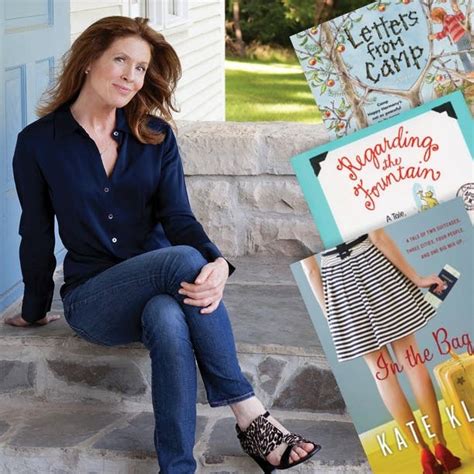A Quote by Judith Weir
Students think they must write down the idea immediately, but I tell them if it's a good idea it'll be in your head in five minutes' time.
Related Quotes
I try to keep my eyes and ears open all the time for the bones of my next song: things people say, melodies I hear in my head, and little musical parts I may stumble across. I write them down or record them on my phone. Whatever I need to do to keep the idea for later when I have the time to sit down with it. So writing for me is a 24/7 pursuit.
The guys that write Once Upon a Time were major writers on Lost, and we had lunch when I started on OUAT and the first thing I said to them was, "I spent five years on Lost, you have to tell me, was my character good or bad?" They looked at me and said, "We have no idea." That's why you have to make your own backstory. I decided Widmore was the evilest of the evil, but in the end, not even the writers knew.
The vitality of thought is in adventure. Idea's won't keep. Something must be done about them. When the idea is new, its custodians have fervour, live for it, and, if need be, die for it. Their inheritors receive the idea, perhaps now strong and successful, but without inheriting the fervour; so the idea settles down to a comfortable middle age, turns senile, and dies.
I've known people who had fantastic ideas, but who couldn't get the idea off the ground because they approached everything weakly. They thought that their ideas would somehow take off by themselves, or that just coming up with an idea was enough. Let me tell you something - it's not enough. It will never be enough. You have to put the idea into action. If you don't have the motivation and the enthusiasm, your great idea will simply sit on top of your desk or inside your head and go nowhere.
Make sure to immediately write down any impressions you receive. Intuitive impressions are often subtle and therefore 'evaporate' very quickly, so make sure to capture them in writing as soon as possible. Recent research in neuroscience indicates that an intuitive insight - or any new idea - not captured within 37 seconds is likely never to be recalled again. In 7 minutes, it's gone forever. As my buddy Mark Victor Hansen likes to say, 'As soon as you think it, ink it!'








































